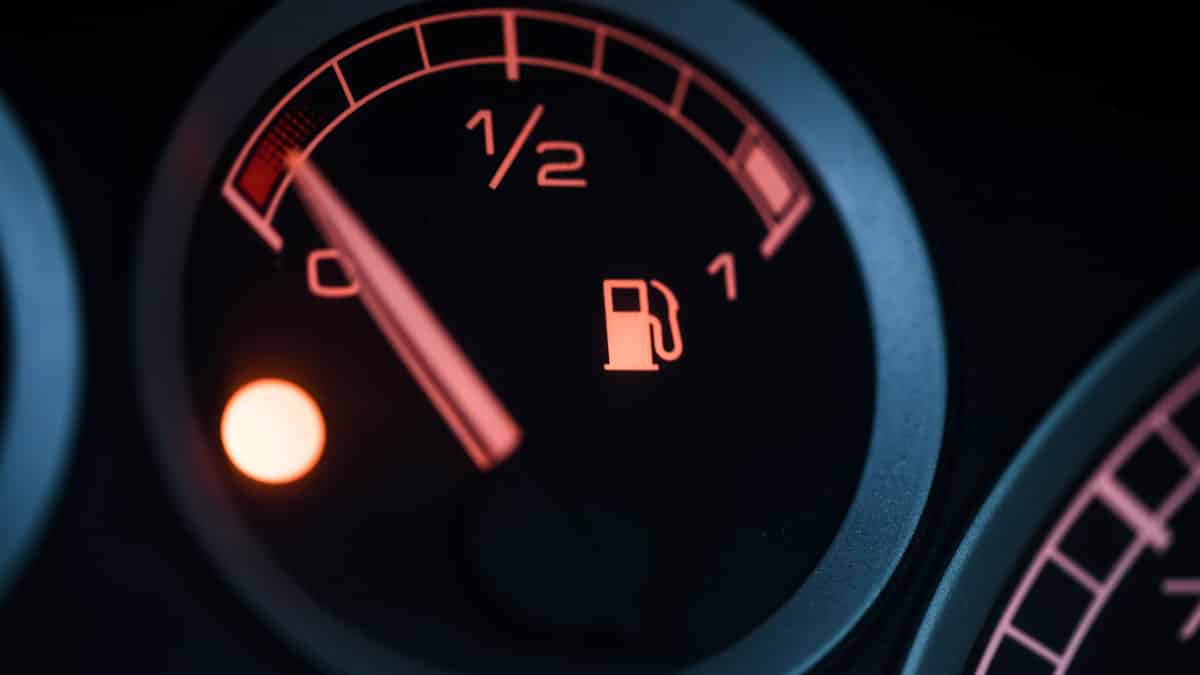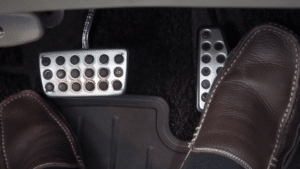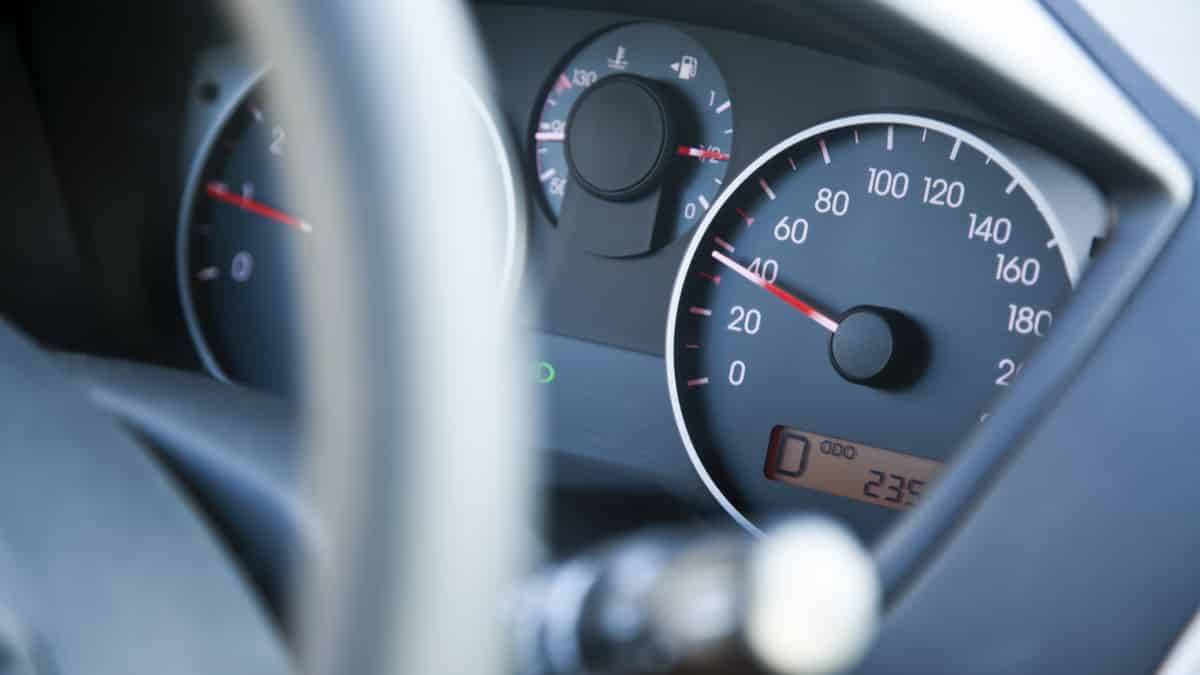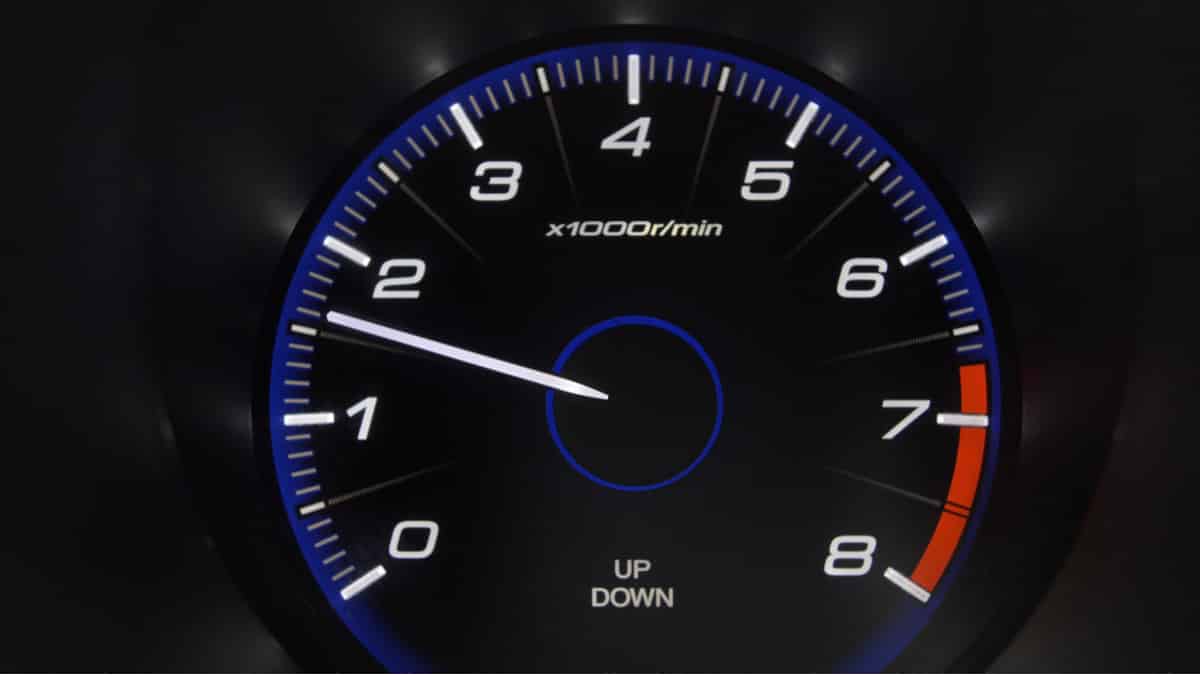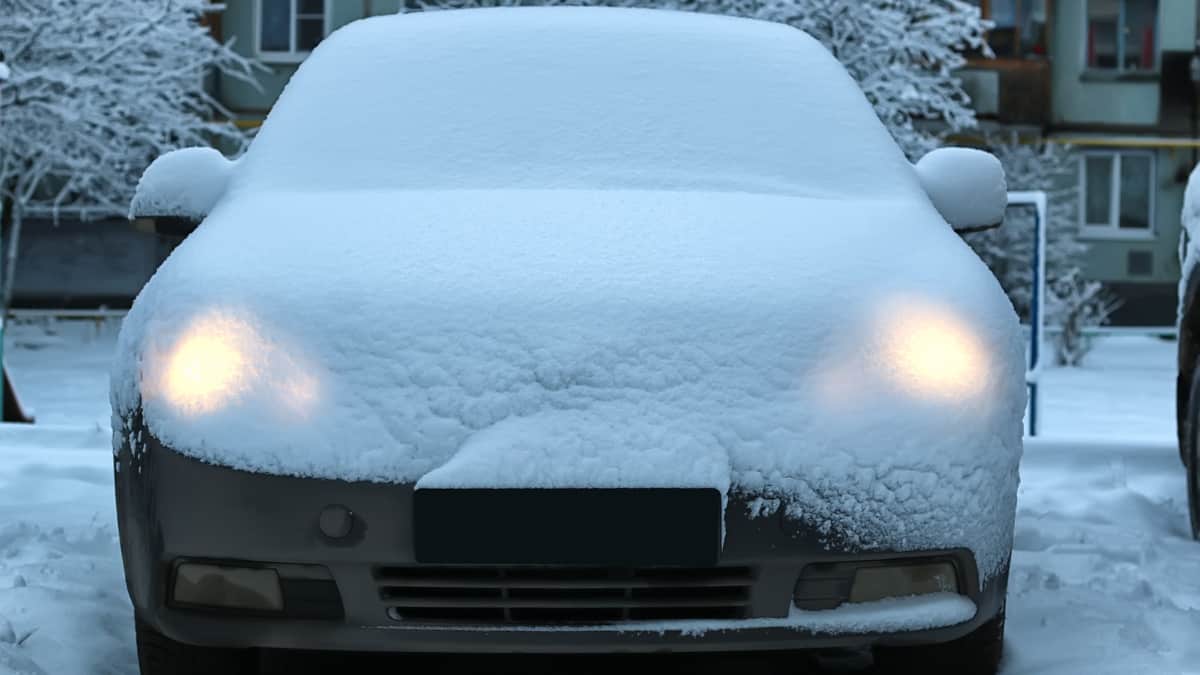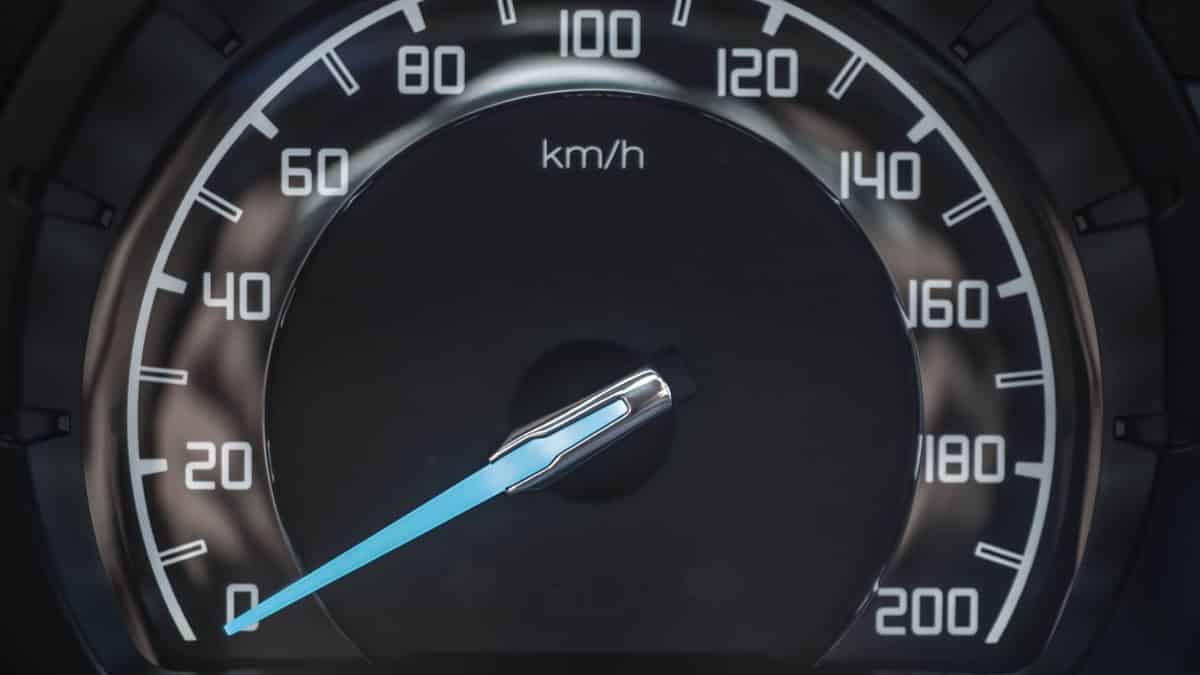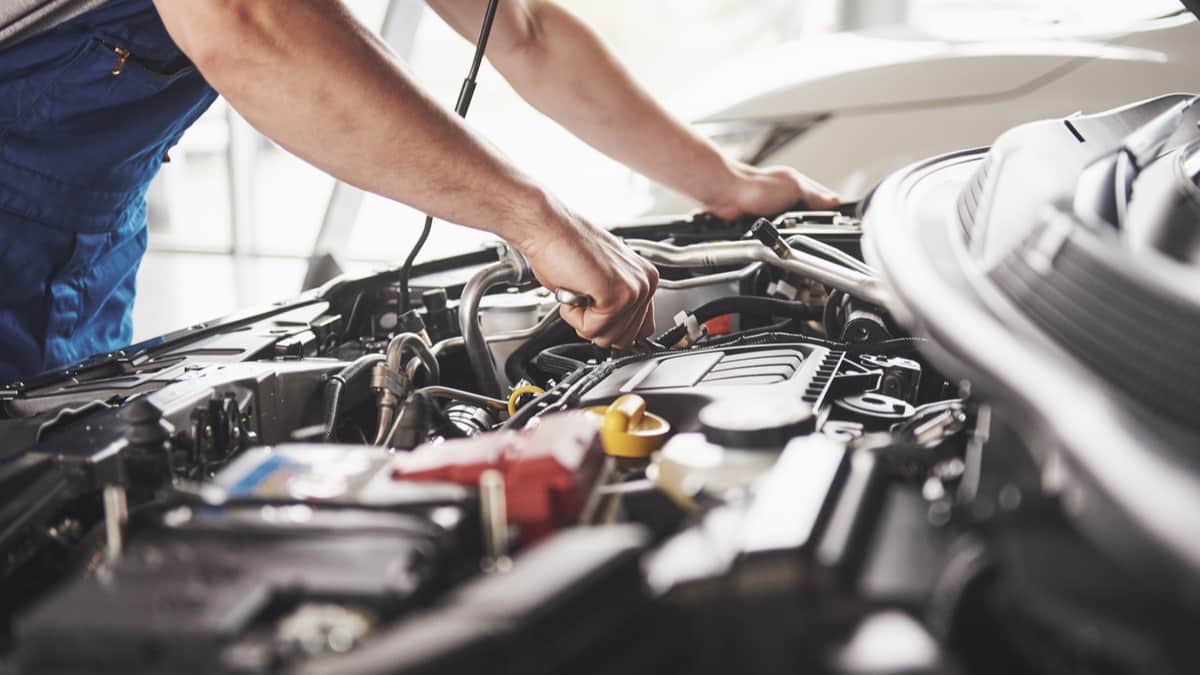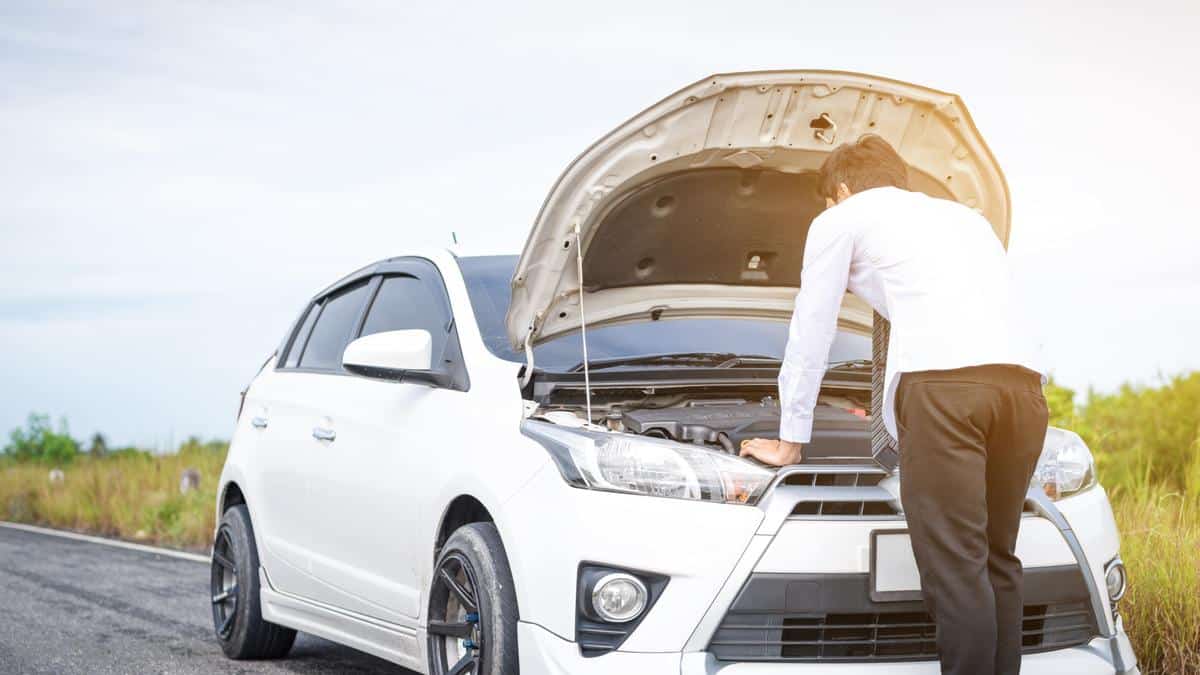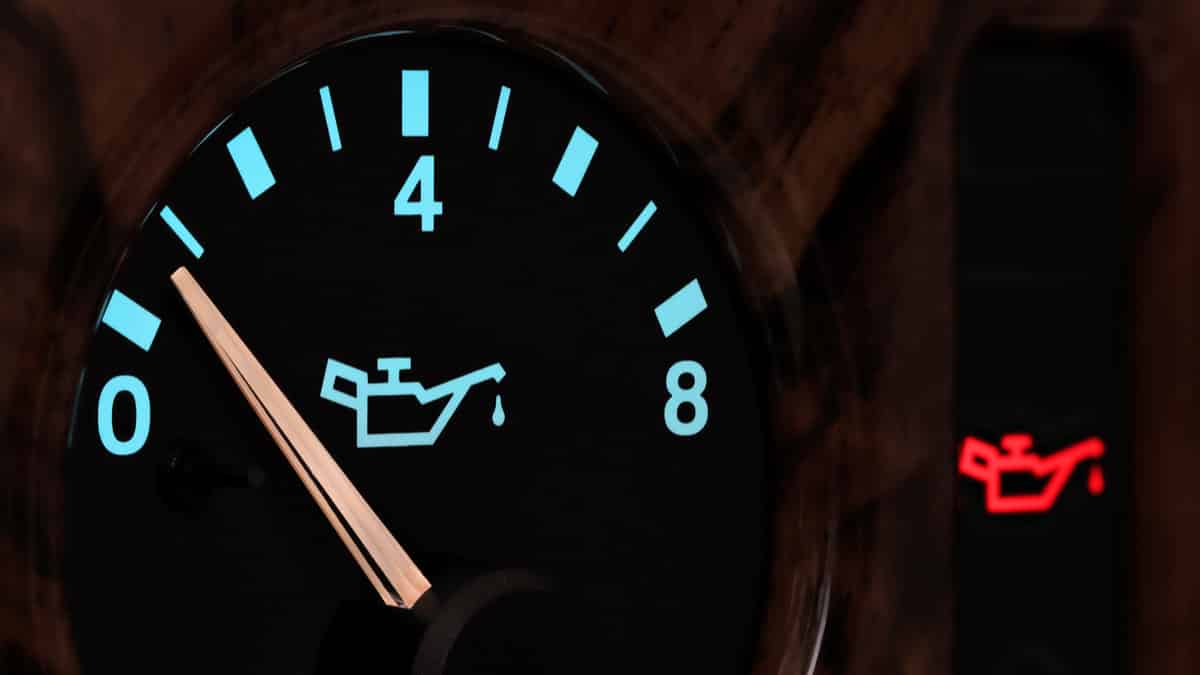As you drive, you’ve grown accustomed to a smooth, enjoyable ride. If the car jerks when accelerating, it may catch you by alarm and cause a degree of panic. Plus, it’s going to mess with your time to unwind. What causes this and what can be done to stop the car jerking?
We explore the top reasons for jerking movements while accelerating and show you how to fix them. We also take a moment to answer your most important questions.
Reasons Your Car Jerks When Accelerating
There may be a clogged air filter or a bad MAF sensor. Additionally, the car may have a dirty fuel filter, a bad fuel injector or a failing fuel pump. It’s also smart to check for bad spark plugs, a faulty EGR valve, a malfunctioning ignition coil or even worse, transmission issues.
We evaluate these possibilities in no particular order.
1. Clogged Air Filter
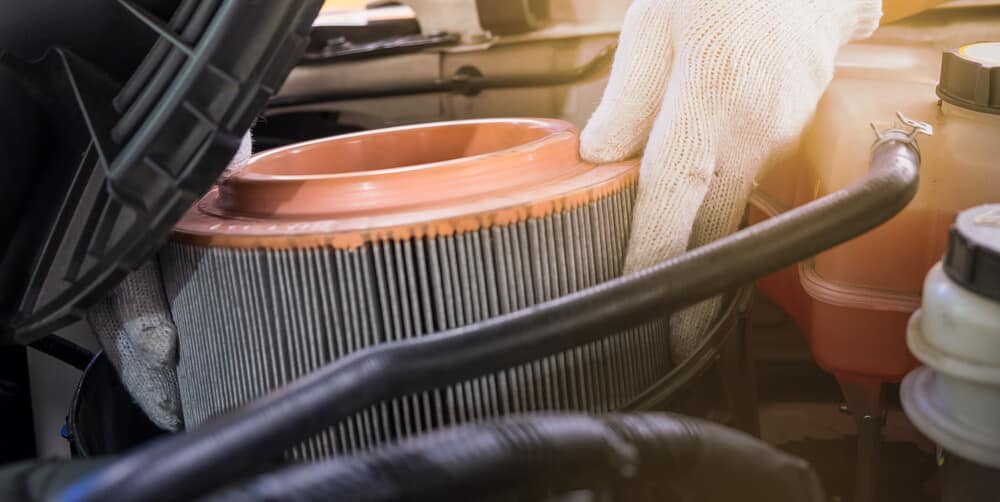
The engine air filter is designed to keep any contaminants and debris out of the motor. Yet, it’s not designed to last forever. As it traps particles, the filter becomes clogged and it no longer allows the right amount of air through to the combustion chamber.
This problem leads to a rich-running engine, which can cause jerking movements, especially while accelerating. If you regularly change the air filters, as per your maintenance schedule, you probably won’t have this problem.
2. Bad MAF Sensor
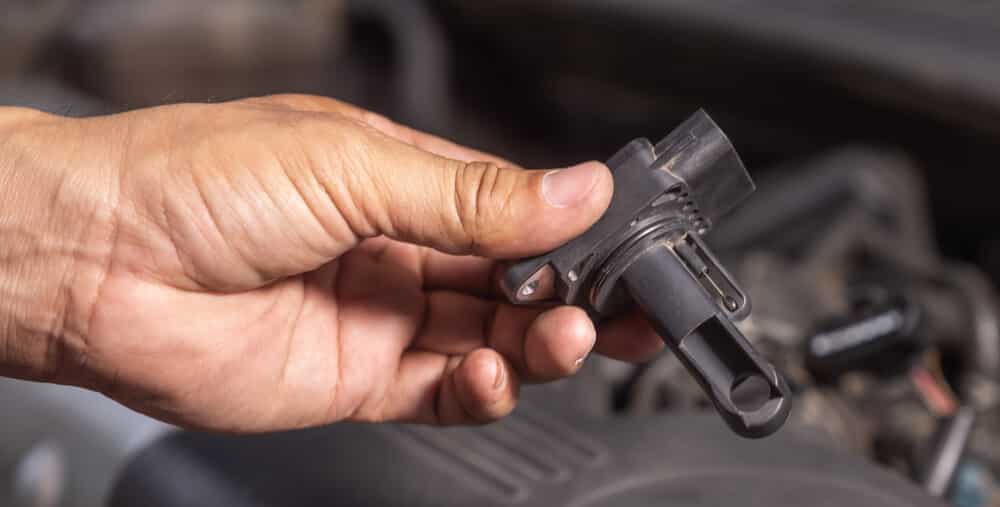
The mass airflow (MAF) sensor is created to monitor the volume of air coming through the intake. This data is used to adjust how much fuel is added to the mixture. If the MAF sensor is defective, it won’t send the right information to the computer and the fuel-air balance will be off.
Car Jerking is going to occur while accelerating as the engine tries to get the right amount of fuel and air. You may also notice more jerking as you hit highway speeds. Additionally, the engine may start misfiring or you could see black smoke coming from the exhaust. Either way, the Check Engine Light normally comes on for an MAF sensor issue.
3. Clogged Fuel Filter
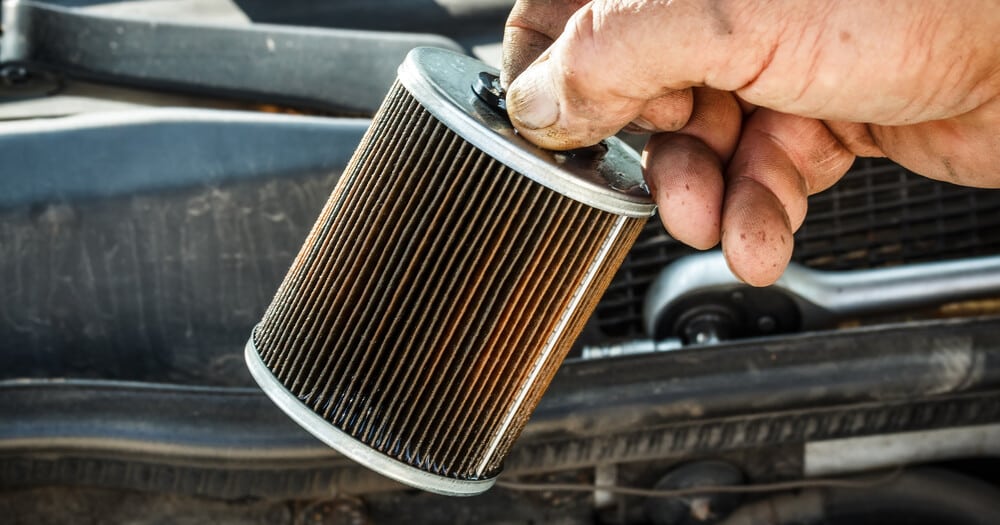
Jerking is a common issue when the fuel amount is right that’s headed into the engine. For that reason, it’s also smart to check the fuel filter for any contamination. This is another regular maintenance item that should be replaced in most cars periodically.
With all of the sediment building up in the fuel tank, it’s normal for the filter to clog over time. You may notice that the engine feels like it’s starving, with the fuel filter not operating correctly. Then, when fuel starts to flow, it can create that jerking sensation.
4. Bad Fuel Pump
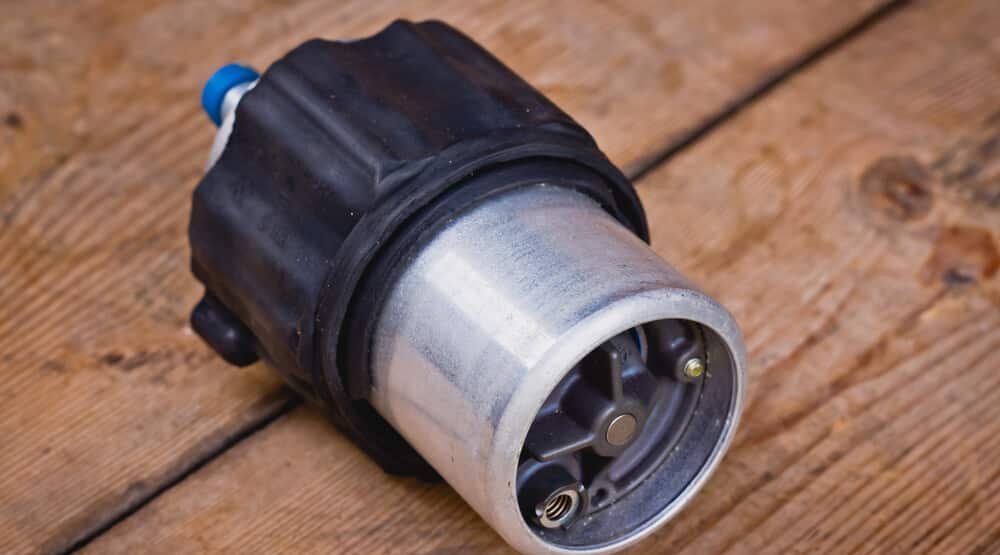
The same is true with the fuel pump. If it starts to fail, you may not get the gas needed to provide a smooth operation.
Other symptoms of a bad fuel pump include sputtering during acceleration, a whining noise or reduced fuel economy. If you can replace the pump at the first sign of trouble, you may be able to head off larger issues.
5. Faulty Fuel Injector
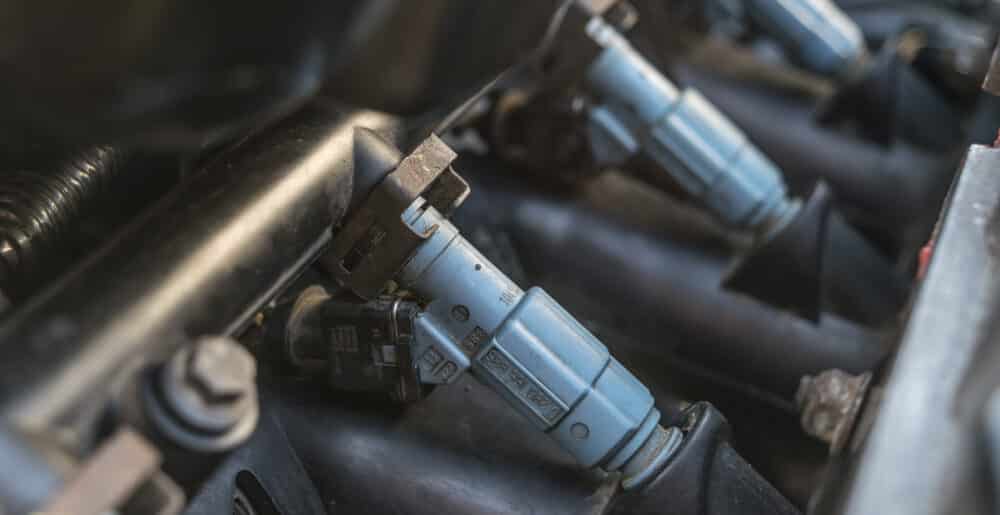
Dirty fuel injections will lead to other delivery issues, thereby affecting the air-fuel ratio. The car can also lose power as you attempt to accelerate or when you are traveling at a steady speed. In extreme conditions, the engine may start to misfire.
Bad or clogged fuel injectors can also cause an erratic engine idle or poor fuel economy. In some cases, the injectors just need to be cleaned, which can be done with a special additive.
6. Bad Spark Plugs
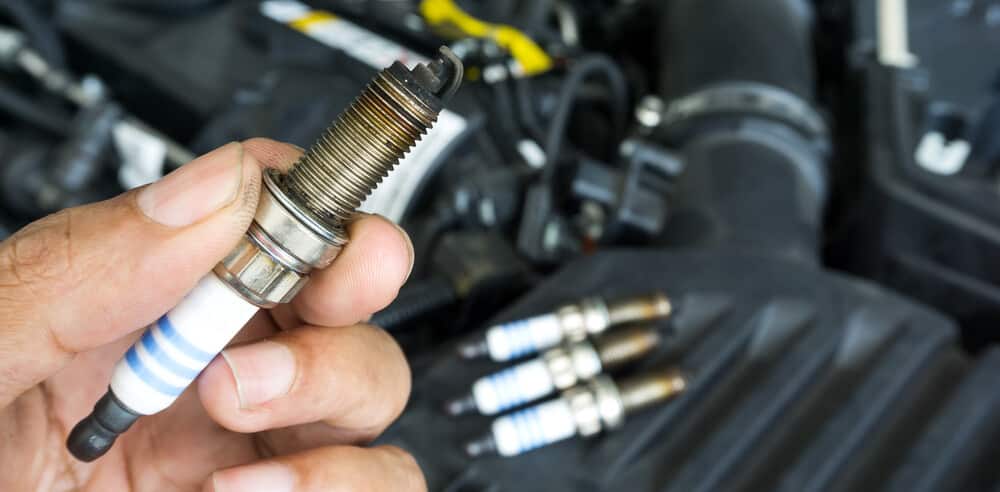
The engine needs the perfectly timed spark delivery to every cylinder in order to properly combust the air-fuel mixture. If it’s not right, the engine lacks efficiency and may struggle to provide power at all.
When the spark plugs become fouled, the spark suffers. Again, replacing the spark plugs is a maintenance task that should be done regularly. If you follow the schedule, the plugs may never foul unless there’s a problem.
7. Faulty EGR Valve
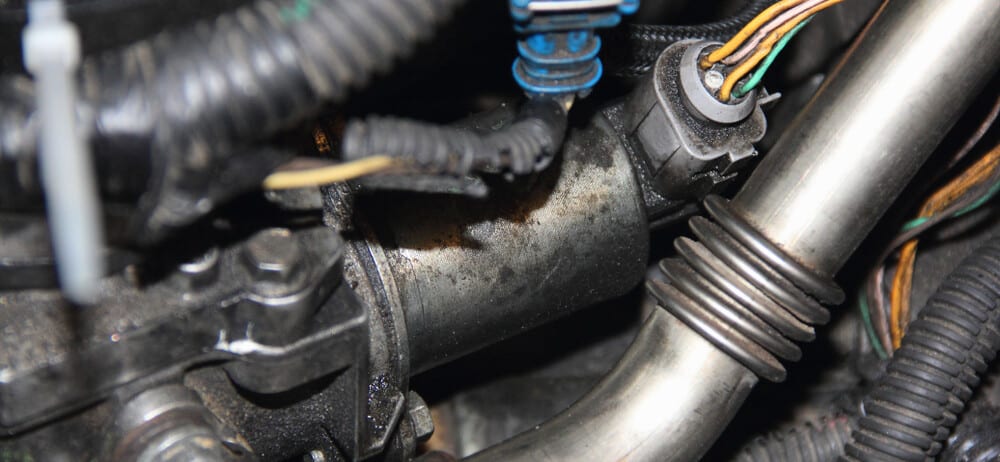
The modern engine contains an EGR (Exhaust Gas Recirculation) system. The main purpose of this system is to allow some of the exhaust gases to go back into the combustion chamber for use. Not only does this reduce fuel consumption, but it also improves emissions.
However, there’s an EGR valve that can get stuck open. When this happens, the exhaust gases cycle back into the combustion chamber unmetered causing the motor to run lean, so you’ll start to notice some engine performance problems, such as car jerking during acceleration.
8. Bad Ignition Coil
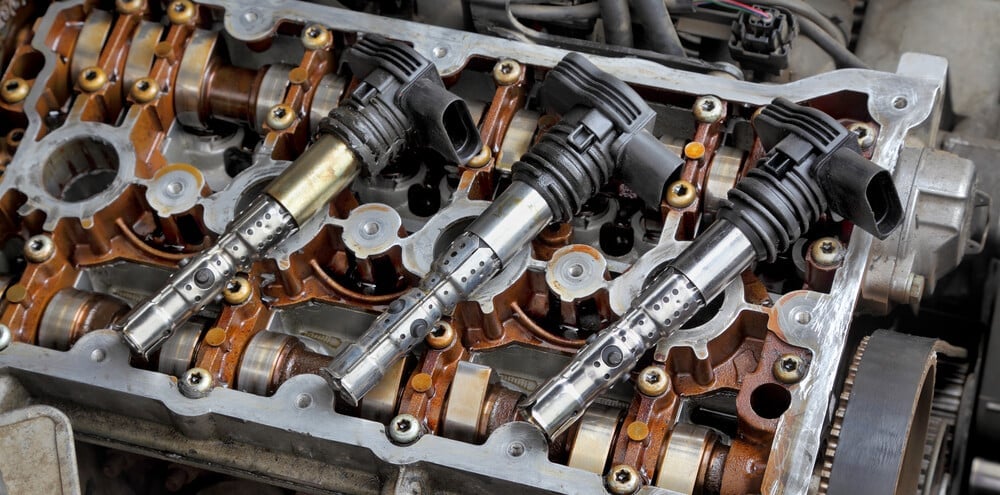
The ignition coil works with the spark plugs to ensure properly timed combustion in each cylinder. When the ignition coil first starts to fail, you’ll notice a loss of power, which can also lead to jerking. It’s also likely that the Check Engine Light would be on.
Other symptoms of a bad ignition coil include reduced fuel economy and a misfiring engine. Eventually, it will become difficult to start the engine at all.
9. Transmission Issues
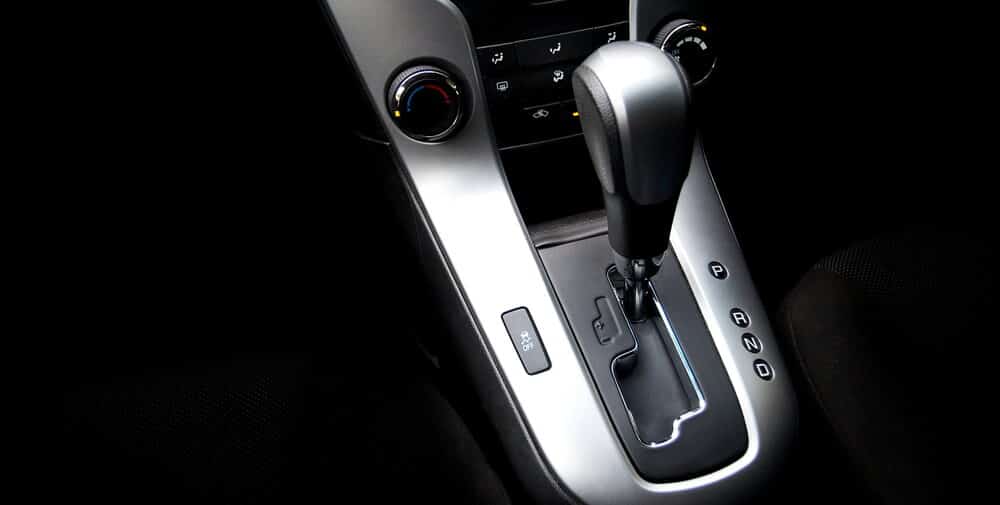
While you may not want to think about it, you must also consider that there’s something wrong with the transmission. If the gears aren’t shifting smoothly, you may experience unnatural jerking while accelerating.
It’s also possible that there’s an issue with the transmission control module (TCM). This module is needed to regulate the system for smooth shifting and operation. If it’s sending out faulty signals, the transmission won’t know what to do.
How To Fix A Car That Jerks When Accelerating
In some cases, it’s not difficult to resolve the jerking problem. You need to read the trouble codes to find out what’s wrong and perform maintenance. This may require changing the spark plugs, air filter and ignition coils. Otherwise, check the fuel pressure and MAF sensor or contact a professional.
1. Read Trouble Codes
Your first step is to connect a compatible code scanner to the OBDII port to read any DTCs. If the Check Engine Light is on, a trouble code (or multiple) has been set that can help you figure out what’s wrong. In some cases, the code may lead you right to the issue, while other times, it can be generic. For example, if you get the P0172 – System Too Rich (Bank 1) code, you may not have any idea what could be causing it.
That’s why we’ve put together a free online trouble code library to help with your research. We take the guesswork out of deciphering these confusing codes.
2. Check Spark Plugs And Ignition Coils
If you haven’t performed maintenance in a while, it might be time to replace the spark plugs or ignition coils. Take a look at the plugs to see if the gap looks too wide or if there’s carbon buildup on the tips. If so, it’s best to replace them and most don’t cost that much.
You can also use a spark tester to check the ignition coils. If one is defective, you can replace it singly. There’s normally no reason to replace them all at the same time unless they are very old and you are worried about the others failing.
3. Check Fuel Pressure
Your next step is to check the fuel pressure and system. If the pressure is off, you must determine what’s causing it. In some cases, a simple fuel filter replacement is all that’s needed. Otherwise, you may need a new fuel pump.
There’s also the chance that the injectors are clogged or defective. It’s normally worth trying a fuel injector additive first to see if that resolves the situation.
4. Clean the MAF Sensor And Check the Air Filter
If maintenance has been neglected, your next step is to check the air filter. Maybe it’s just clogged and needs to be replaced. Otherwise, you want to move on to the MAF sensor. Sometimes, the sensor simply becomes contaminated and needs to be cleaned. Here are some steps to consider.
- Let the engine cool.
- Unplug and remove the sensor. Find the location in your factory service manual.
- Put the sensor on a clean towel.
- Spray MAF sensor cleaner on the part.
- Carefully clean the housing, connectors, terminals and all sides of the sensor.
- Once the sensor is completely dry, reattach it.
If cleaning the sensor doesn’t change the performance of the vehicle, you may need to replace it.
5. Contact A Professional
There’s no shame in admitting that you aren’t sure what to do next. If you’ve exhausted all of the steps you feel comfortable performing, it’s time to reach out to a trusted mechanic in your area.
Do your research if you aren’t sure where to go. It’s helpful to listen to friends and family for recommendations, but you should also check online reviews too.
Is it safe to drive a car that jerks when accelerating?
There’s the chance that there’s nothing seriously wrong, but you don’t want to take any chances if your car jerks when accelerating. It’s best to diagnose the system as soon as you can, not only to create a more pleasant and safer ride but also to ensure that permanent damage doesn’t occur to the engine or transmission.
How do I stop my transmission from jerking?
If the transmission is jerking, there could be a serious problem that needs to be dealt with. If you aren’t familiar with working on the transmission or TCM, it’s best to trust a professional. Continuing to drive with a bad transmission is only going to create further problems down the road.
Can low gas make your car jerk?
If the engine isn’t getting the fuel it needs, the vehicle may start to jerk and sputter. At this point, you should get to the nearest fueling station or you could end up stranded on the side of the road. In the future, it’s best to get fuel before the tank gets too low. Plus, running the tank low can ruin the pump.
Is car jerking a transmission problem?
Sometimes, but when it comes to car jerking, this is not as common as some other situations. It could be a clogged air filter, failing MAF sensor, bad fuel pump, clogged fuel injectors or fouled spark plugs. There’s also a chance for a faulty EGR valve or defective ignition coil. Read the trouble codes for more information.
Can low transmission fluid cause shaking?
Yes, if the transmission fluid gets too low, you may experience a shaking sensation and notice trouble shifting gears. You need to deal with this problem right away because the transmission will become damaged by running it without the right amount of fluid. Top off the system and fix any leaks.
If you experience car jerking while accelerating on the road, don’t panic. The first step is to find somewhere safe to look at the car. If the Check Engine Light is on, the codes may give you a better indication of what’s happening.
You can also run through some simple diagnostic steps to see what’s going on. If you don’t feel experienced enough to diagnose and repair the car, it’s best to call a professional mechanic for more support.
Categories: Driving, Troubleshooting


